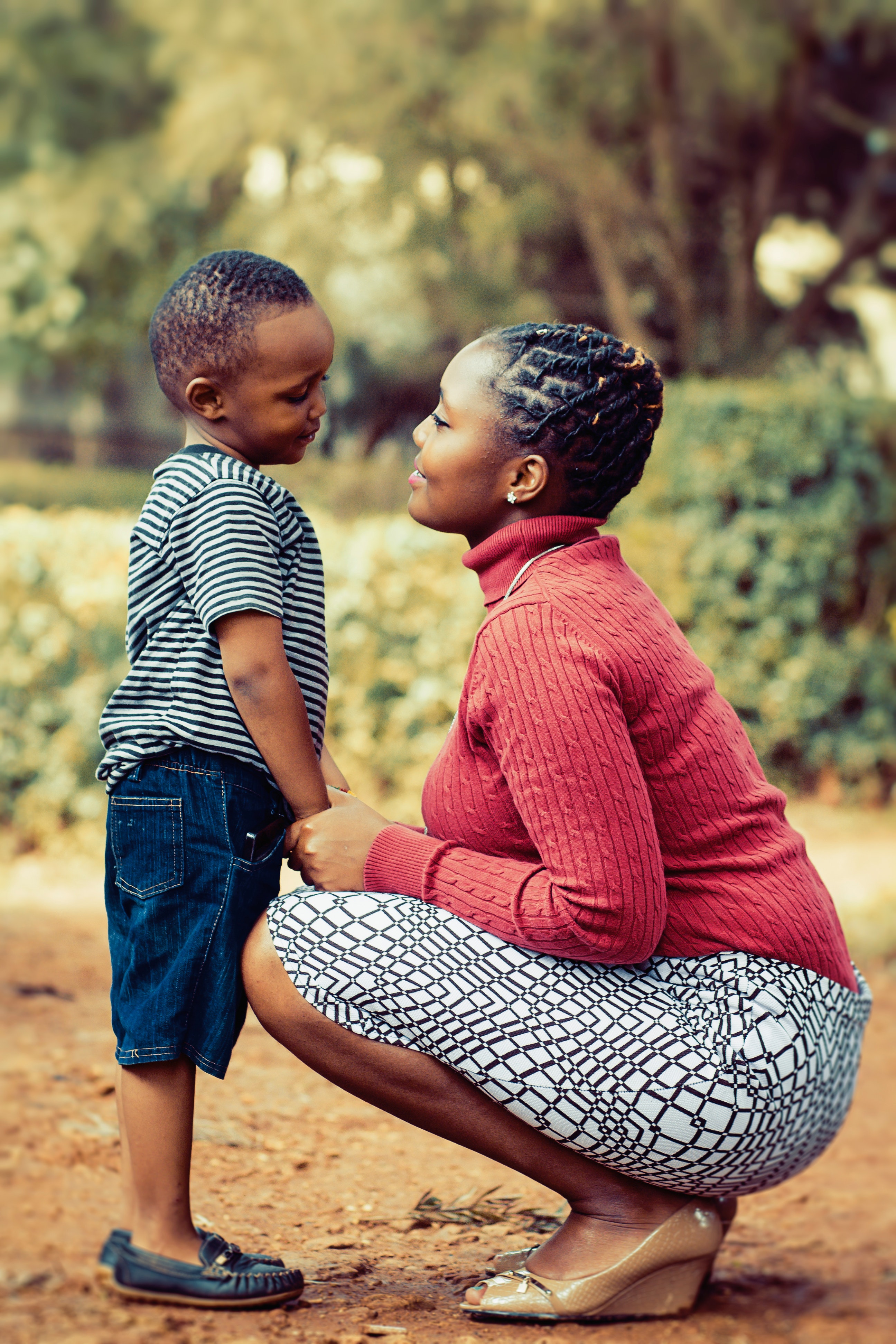When someone we love dies, we often lose a little piece of ourselves. While we know death to be inevitable, it is often our children who don’t understand the finality of it all. Everyone deals with the death of a loved one differently. Children, depending on their age and understanding will process the event in different ways.
I have experienced the loss of my brother due to violence and a cousin who was like a sister to me, tragically. In each instance, I have had to process my grief with my children in mind. While my children weren’t very close to my brother, they were to my cousin and their understanding of never being able to see their cousin again was hard to explain.
Here are some things that I’ve learned about how to help my children deal with the loss of a loved one:
Be ready to listen and comfort
When telling our kids of the passing of a loved one, it was very important to us to listen. Some of our kids cried, some were quiet, and others had questions. There were times, in the case of my brother (our kids were very young) where there were no words at all. No matter the response, we always listened intently to their words and made sure to use words of comfort to soothe them. We made sure to tell the kids they were okay, and offered plenty of hugs and reassurances of their safety.
Talk about funerals and family rituals
When burial plans were happening for each of our loved ones, I made sure to talk the kids through what was happening. I explained that many family members would gather together to see Uncle Robert one last time at the funeral. We explained that Cousin Brianna would look like she was sleeping in her casket. That she might not look the same as when they last saw her. It was also important to explain that many people who loved and would miss our loved ones would be sad. Some of them would be crying. We would sing songs, pray, and say nice things about the person we lost.
I let them know that it would be okay if they cried and if they didn’t that was okay too. If they needed to be close to me or their father, we would be there to give extra hugs, or hold hands. We were very clear that they didn’t have to look in the casket if they didn’t want to. Death is already traumatizing enough, we didn’t want to cause any more harm to our children by forcing them to see someone they loved in a casket. Our children made the decision to view their cousin in her casket.
Cemeteries can be scary places for kids. I wanted to make sure that our kids were as comfortable as possible so I talked to them about what would happen at the cemetery. Both my brother and my cousin were buried in a mausoleum instead of the ground and explaining that process was important to me. We talked at length about what would happen when they were being put into the wall and cemented inside. My kids were worried about it being dark inside the wall, if Cousin Brianna would be scared inside the wall all alone. They even asked about the possibility of her waking up. As much as these questions killed me to answer, I knew I had to be as clear as I could be in my answers.
Once the funeral and burial were over, I wanted to go over what we call a repast. A repast is simply a small gathering of family and friends where food is offered and music is played. It’s a party of sorts to celebrate the life of our lost loved one. We talk and laugh and reminisce about the good memories we have. Although we’ve lost someone dear to us, our memories of them are what will keep us going.
Remembering the person
It’s hard to think that someone you loved so dearly won’t be around anymore. I like to encourage our kids to remember our loved ones with pictures, funny stories, and drawings. Sharing happy memories help our kids to deal with the loss and still keep their memories alive. Try not to dwell on too many sad memories. If your child begins to feel down, shift the activity and do something fun.
Give your child time to heal
Getting over the death of a loved one is not an easy process. It takes time to heal. Many times grief will present itself in many stages. Grief looks differently for each child. Make sure to keep the lines of communication open with your child. Although time will help heal broken hearts, be sure to keep an eye out for the many stages of grief your child may be experiencing. Healing from the loss doesn’t mean that your child will forget their loved one, it just means that they’re able to let their happy memories live on with them as they heal.
Death is always a heartbreaking event. It can be tough for adults, just as it is for children. As a Mommi, if you are feeling overwhelmed with grief, I encourage you to talk to someone about your feelings. I know we moms like to think of ourselves as superhuman, but we hurt too and it’s important that we get the proper help and reassurance that we need when someone we love passes away.
Have you had to deal with grief as a parent? I’d love to hear how you prepared your children for the death of a loved one.
With much love and hugs,
Mommi Bella








Leave a Reply